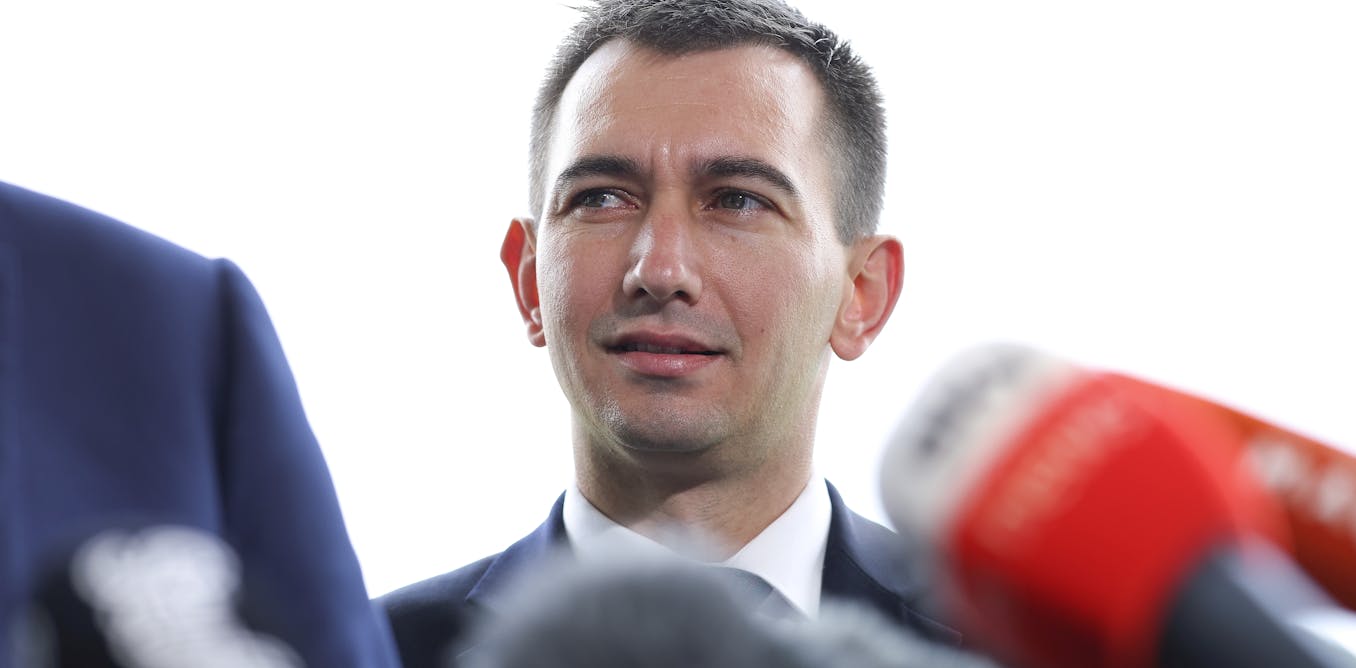Top Stories
Doctors Strike to Demand Better Conditions for Public Health

Health Minister Simeon Brown stated that the upcoming industrial action by doctors in New Zealand “crosses an ethical line,” igniting a debate over the ethical responsibilities of healthcare professionals. On October 12, 2023, doctors, alongside nurses and teachers, are set to participate in a multi-sector “mega-strike,” a move that highlights growing discontent over working conditions within the public healthcare system.
Striking is typically seen as a last resort, particularly in healthcare, where it can lead to significant disruptions for patients and families. However, many argue that such action is ethically justified when healthcare workers face poor working conditions, staff shortages, and inadequate infrastructure. These issues not only compromise patient care but also threaten the long-term sustainability of public health services in New Zealand.
The situation has become increasingly critical. A survey conducted in 2022 revealed that nearly 11% of doctors planned to leave New Zealand permanently, a sharp increase from less than 5% in 2017. Additionally, only 62% of doctors intended to remain within the public healthcare system, compared to 83% six years ago. This decline in retention reflects broader systemic challenges that have persisted over multiple government administrations.
Understanding Ethical Responsibilities
Minister Brown’s comments suggest that striking doctors are failing in their duty to provide care. However, these are the same healthcare professionals who maintained services during the COVID-19 pandemic, often under challenging conditions and with limited resources. Their commitment to patient care is unwavering, yet the realities of their working conditions are forcing them to advocate for better treatment within the health system.
The ethical codes governing medical professionals acknowledge not only their duty of care to patients but also their responsibility to advocate for the resources necessary to deliver that care effectively. In situations where industrial action becomes necessary, the balance between individual patient care and broader systemic improvements can shift. While doctors must prioritize life-saving care during strikes, the ethical justification for their actions lies in the potential long-term benefits for patient care and health services as a whole.
The minister’s implication that the strike serves purely personal interests overlooks the broader context in which healthcare professionals operate. Many doctors are confronting burnout and moral injury, stemming from the pressures of working in an under-resourced environment. The intent behind the strike is to demand improvements that will ultimately enhance patient care and support the healthcare workforce.
The Right to Strike and Its Implications
Concerns regarding the ethical obligation to “do no harm” are valid, yet they must be weighed against the right to strike, a fundamental worker entitlement recognized both internationally and under New Zealand law. Striking is a means for healthcare workers to protect their social and economic interests, and denying this right could lead to significant repercussions for both healthcare professionals and patients.
The Employment Relations Act 2000 establishes the expectation that Health New Zealand, along with the Minister of Health, must commit to developing and maintaining high-quality public health services. The ongoing failure to address systemic issues perpetuates a cycle of underfunding and overburdened staff, ultimately harming patient care.
As doctors prepare for the strike on October 12, it is vital to recognize that their actions stem from a commitment to the health system and the people it serves. The strike is not just about immediate grievances; it is a call for a sustainable future for New Zealand’s healthcare services. The ethical implications of their actions are far-reaching, prioritizing the need for substantive change over temporary disruptions.
Elizabeth Fenton, chair of the National Ethics Advisory Committee, emphasizes that the right to strike is crucial for advocating better conditions, which will ultimately benefit both healthcare providers and the patients they serve. As the situation unfolds, the focus should remain on the long-term implications for public health services and the wellbeing of all New Zealanders.
-

 World2 weeks ago
World2 weeks agoPrivate Funeral Held for Dean Field and His Three Children
-

 Top Stories2 weeks ago
Top Stories2 weeks agoFuneral Planned for Field Siblings After Tragic House Fire
-

 Sports3 months ago
Sports3 months agoNetball New Zealand Stands Down Dame Noeline Taurua for Series
-

 Entertainment3 months ago
Entertainment3 months agoTributes Pour In for Lachlan Rofe, Reality Star, Dead at 47
-

 Entertainment2 months ago
Entertainment2 months agoNew ‘Maverick’ Chaser Joins Beat the Chasers Season Finale
-

 Sports3 months ago
Sports3 months agoSilver Ferns Legend Laura Langman Criticizes Team’s Attitude
-

 Sports1 month ago
Sports1 month agoEli Katoa Rushed to Hospital After Sideline Incident During Match
-

 World3 weeks ago
World3 weeks agoInvestigation Underway in Tragic Sanson House Fire Involving Family
-

 Politics2 months ago
Politics2 months agoNetball NZ Calls for Respect Amid Dame Taurua’s Standoff
-

 Top Stories2 weeks ago
Top Stories2 weeks agoShock and Grief Follow Tragic Family Deaths in New Zealand
-

 Entertainment3 months ago
Entertainment3 months agoKhloe Kardashian Embraces Innovative Stem Cell Therapy in Mexico
-

 World4 months ago
World4 months agoPolice Arrest Multiple Individuals During Funeral for Zain Taikato-Fox



















